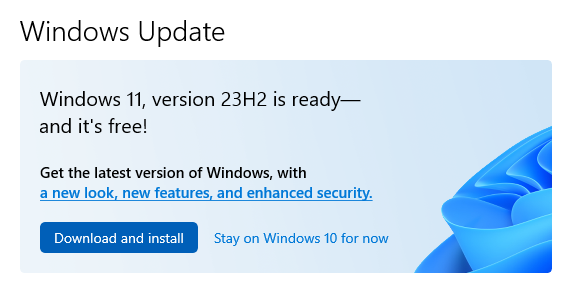

According to my searches, while a RTG uses radioactive material weighting in the scale of kilograms (average of 5 Kg across missions such as Voyager and Cassini), a nuclear power plant requires several tonnes worth of plutonium and enriched uranium. The minimal critical mass for plutonium is 10kg, the double of how many fuel RTGs hold (that’s why RTGs don’t blow while ascending and/or on space). It’s a large difference of mass/weight between RTG fuel and rods for nuclear power plants. They’d need to carry the whole tonnes worth of radioactive material split across very small quantities (which would require a lot of lead walling and/or launches)








One of these cowboy hats:
(I want to add some metal spikes around it, making it a metal-goth-country hat)